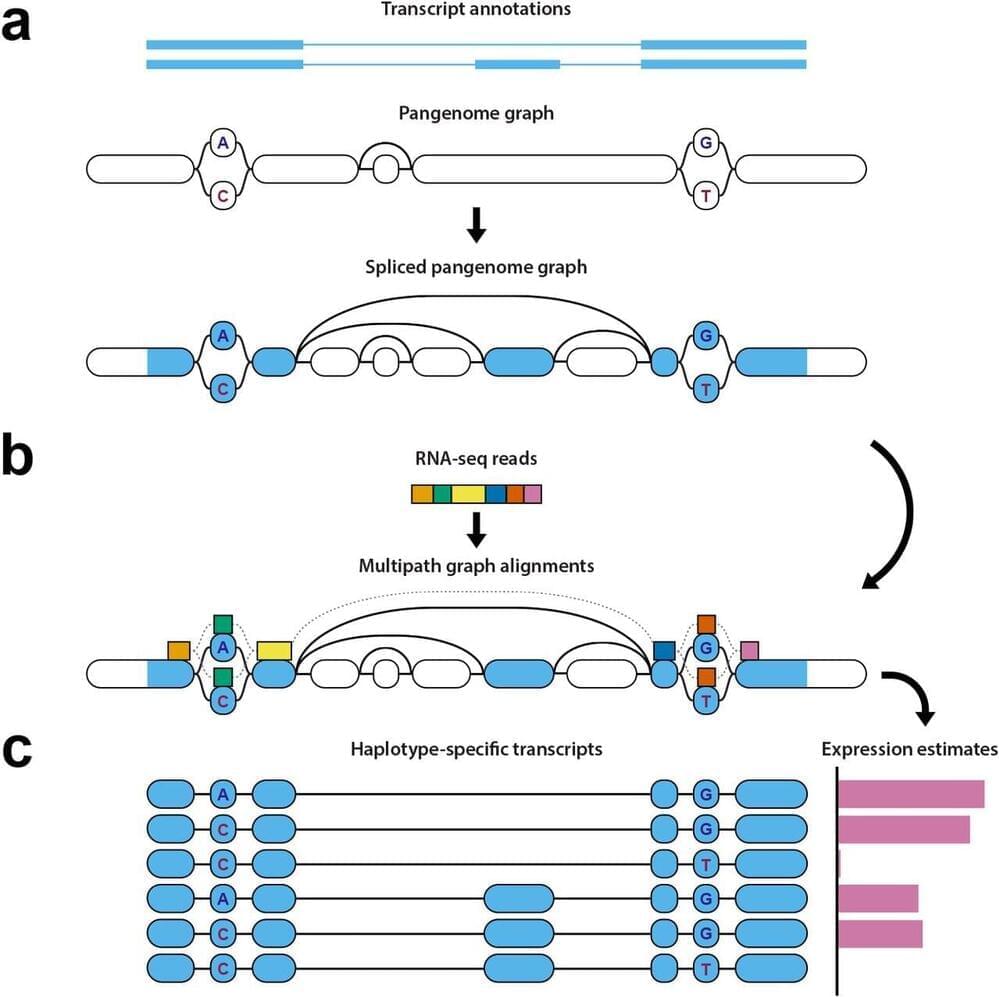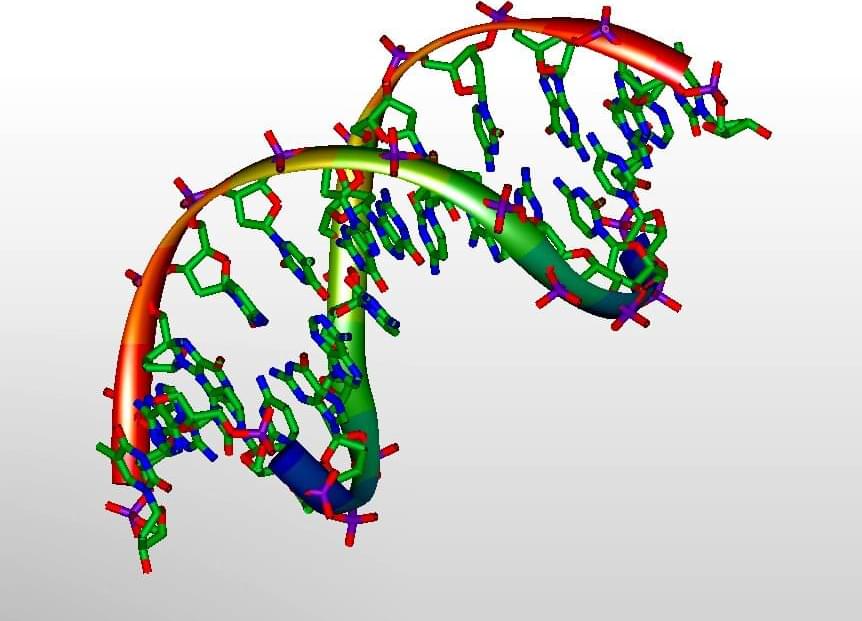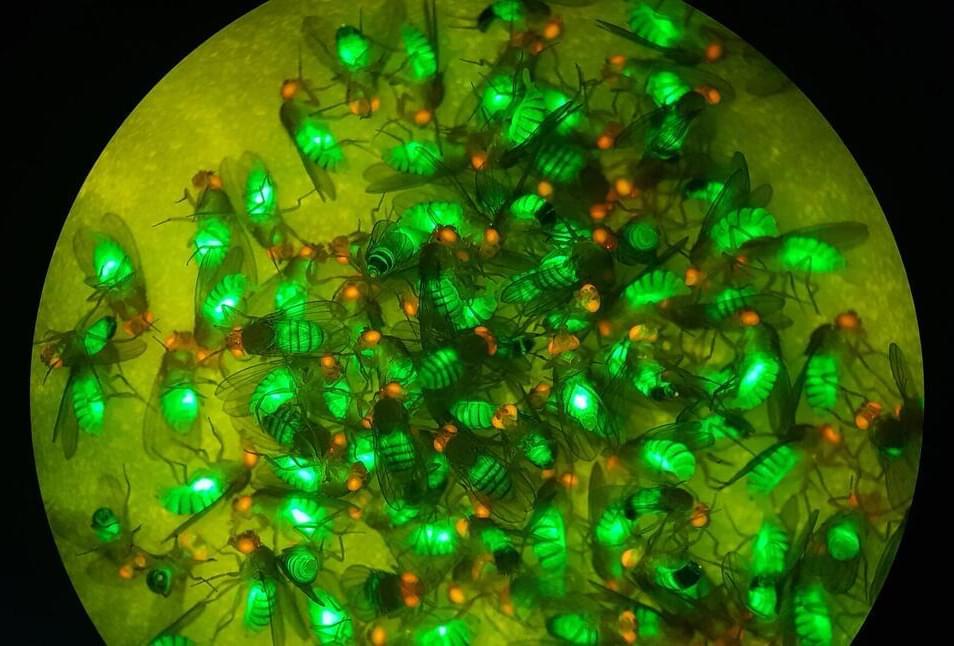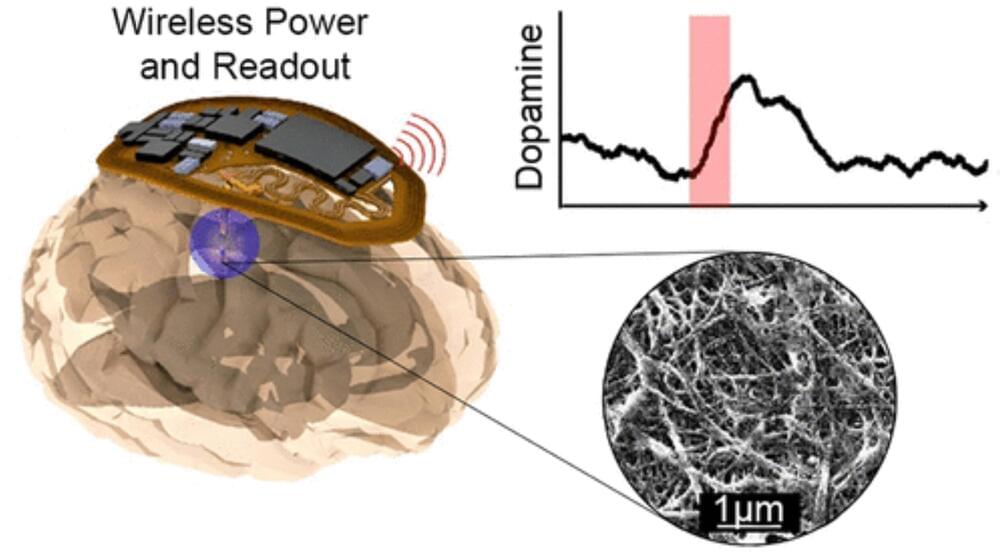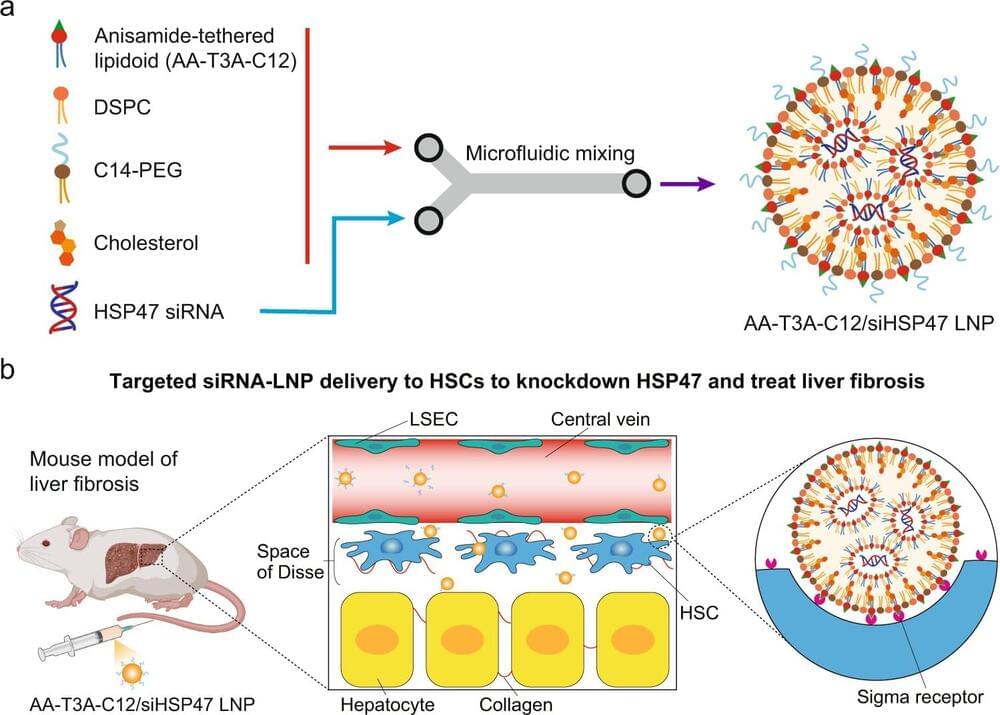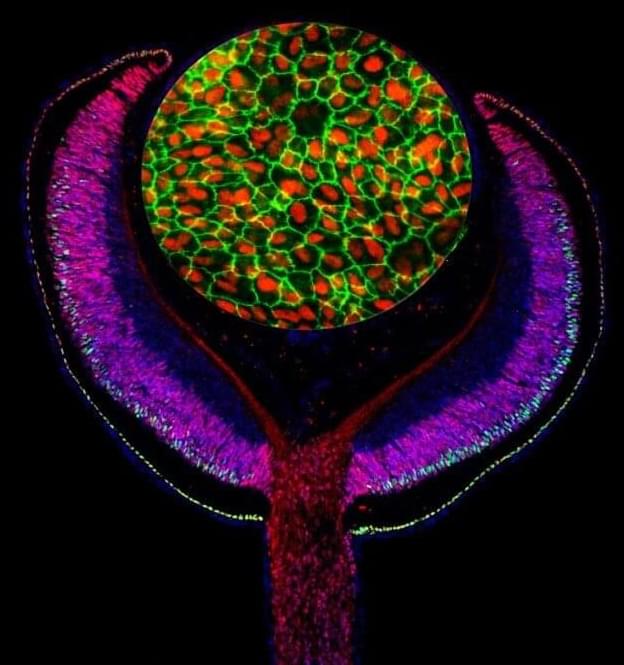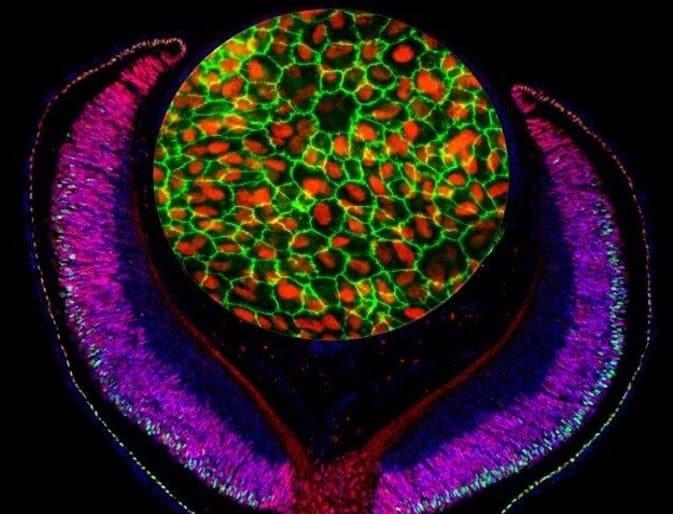CRISPR/Cas9 technology-mediated genome editing has significantly improved the targeted inactivation of genes in vitro and in vivo in many organisms. In this study, we have reported a novel CRISPR-based vector system for conditional tissue-specific gene ablation in zebrafish. Specifically, the cardiac-specific cardiac myosins light chain 2 (cmlc2) promoter drives Cas9 expression to silence the neuropilin-1(nrp1) gene in cardiomyocytes in a heat-shock inducible manner. This vector system establishes a unique tool to regulate the gene knockout in both the developmental and adult stages and hence, widens the possibility of loss-of-function studies in zebrafish at different stages of development and adulthood. Using this approach, we investigated the role of neuropilin isoforms nrp1a and nrp1b in response to cardiac injury and regeneration in adult zebrafish hearts. We observed that both the isoforms (nrp1a and nrp1b) are upregulated after the cryoinjury. Interestingly, the nrp1b-knockout significantly altered heart regeneration and impaired cardiac function in the adult zebrafish, demonstrated by reduced heart rate (ECG), ejection fractions, and fractional shortening. In addition, we show that the knockdown of nrp1b but not nrp1a induces activation of the cardiac remodeling genes in response to cryoinjury. To our knowledge, this is the first study where we have reported a heat shock-mediated conditional knockdown of nrp1a and nrp1b isoforms using CRISPR/Cas9 technology in the cardiomyocyte in zebrafish, and furthermore have identified a crucial role for nrp1b isoform in zebrafish cardiac remodeling and eventually heart function in response to injury.
The authors have declared no competing interest.
